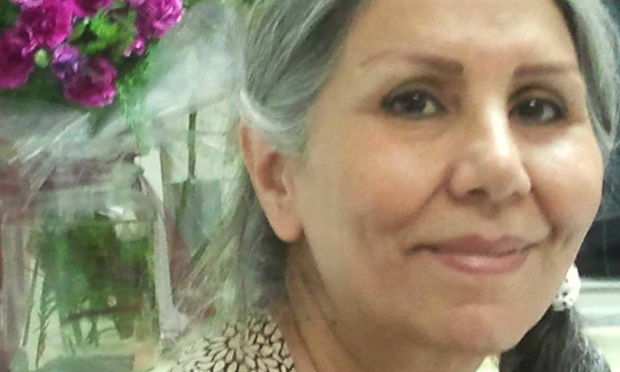[8-minute read]
We’ve missed her, but we carry on. This past March, her friends marked a first anniversary, grieved with her husband and family and, oh yes, be very sure of this, a sweet ripe bunch of them felt grateful for her life as they read and reflected on another fine book they’d likely never have heard of without her. And then they did it again in April.
I write here in remembrance of Phyllis Perrakis, a woman I knew only a little, though I felt lucky all the same. It is also a brief history of a book club, full of women, of course, plus one token oddball. (That would be Yours Truly.) I will also offer notes on the BIHE, an educational institution based on courage, justice and belief, but these seeming sidetracks all lead us back to Phyllis, a quiet, unassuming professor of literature. You would not have found her Very Professorial, if that adjective strikes notes for you of bombast or intellectual arrogance, but she surely glowed when she was sharing thoughts about a book she loved. BOOKS. Only now, far too late to learn more from her, do I find out that she was an internationally recognized scholar on the work of the Nobel Prize-winner for literature, Doris Lessing. But to better understand how we came to be Reading With Phyllis In Ottawa, first we need a side trip to Iran…
Once upon an early 21st century time, there was a book. It was written by Azar Nafisi, an Iranian professor of literature who had fallen exquisitely in love with American writers: Twain, Baldwin, McCullers, and the Russian-born Nabokov. It may not surprise you that Nafisi’s prospects for professional advancement in her homeland, after its Islamic Revolution, were bleak, and she has since moved to the United States. But before she did that, she found a clandestine way to share her literary enthusiasms with young women, the ones that she could never engage with publicly in studying “decadent” Western texts. Her book Reading Lolita in Tehran spoke of tense arrivals, a relieved doffing of the hijab upon entry into Nafisi’s home, but above all the rich delights of forbidden conversations among trusted friends about officially banned books, Lolita among them. Nafisi’s account was brilliant and popular and I highly recommend it, but that’s just the beginning.



